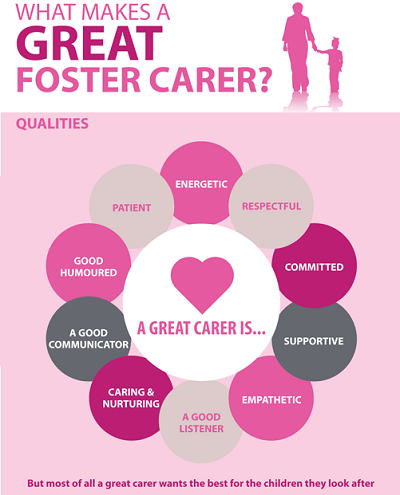Orphanage vs Foster Home
Orphanages and foster homes are often considered similar institutions, as they both aim to provide care and support for homeless, abused, and neglected children. However, there are some key differences between the two. This article will highlight the distinctions between orphanages and foster homes in order to provide a better understanding of these support systems for homeless children.
What is an Orphanage?
Orphanages were first established by religious organizations to offer shelter and support for homeless children. Over time, governments recognized the necessity of providing care for children who had lost their biological parents due to illness, accidents, or other circumstances. As a result, orphanages were set up across countries to prevent the abuse and neglect of these vulnerable children.
Basic orphanages provide shelter, food, and other essential necessities to orphans. Some also offer educational facilities and strive to create a family-like atmosphere to address the emotional needs of the children. Orphanages receive financial support from governments, trusts, foundations, and donations from society. Children typically stay in orphanages until a certain age, after which they are transferred to other institutions.
Key Takeaways
- Orphanages and foster homes both aim to provide care and support for homeless, abused, and neglected children, but have key differences in their approaches.
- Orphanages are older institutions that have become less popular due to reports of poor infrastructure and ill-treatment of children, whereas foster homes are considered safer and more supportive environments for homeless children.
- Foster homes appoint a state-certified individual as a foster parent for each child, providing a more personalized and family-like experience compared to orphanages.
What is a Foster Home?
A foster home is a temporary arrangement in which a homeless child is cared for by people other than their biological parents until they are adopted. Foster homes primarily serve children who have been removed from their families due to abuse, neglect, or other issues such as illness, drug addiction, violence, or poverty.
In a foster home, a child who cannot live with their family is placed under the care of an institution or a private home, with a specific individual appointed as their foster parent. This system aims to provide a more humane and family-like environment for children who cannot live with their own families. A good foster carer can be any compassionate individual who wants to provide the best care possible for the children they look after.
What is the difference between Orphanage and Foster Home?
• Both orphanages and foster homes are residential institutions intended to provide care and support for homeless, abused, and neglected children.
• Orphanages are older than foster homes, but they have become less popular in recent times due to reports of poor infrastructure and ill-treatment of children.
• Foster homes have gained popularity, as they are considered safer and more supportive environments for homeless children.
• A key distinction between foster homes and orphanages is the appointment of a state-certified individual (caregiver/foster carer) as a foster parent for each child.
• Orphanages have been associated with low standards of care, poor facilities, and neglect of homeless children.
• Foster homes typically offer better facilities and more caring, loving caregivers.
